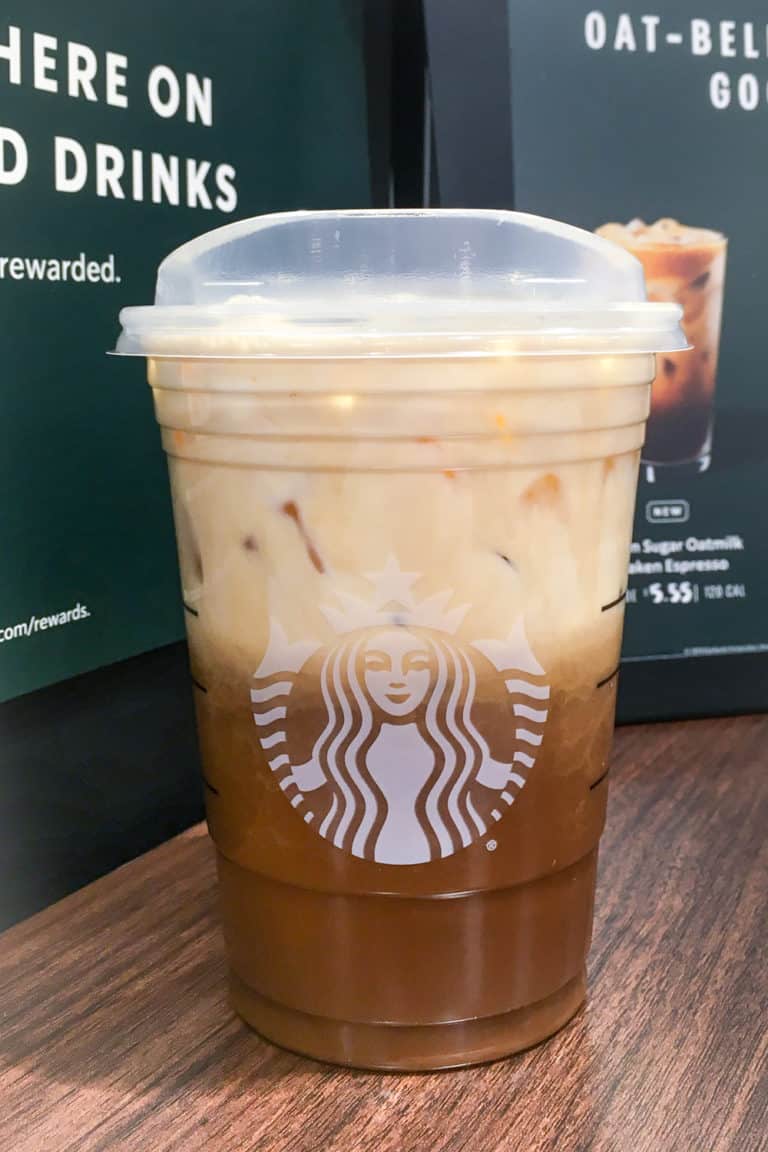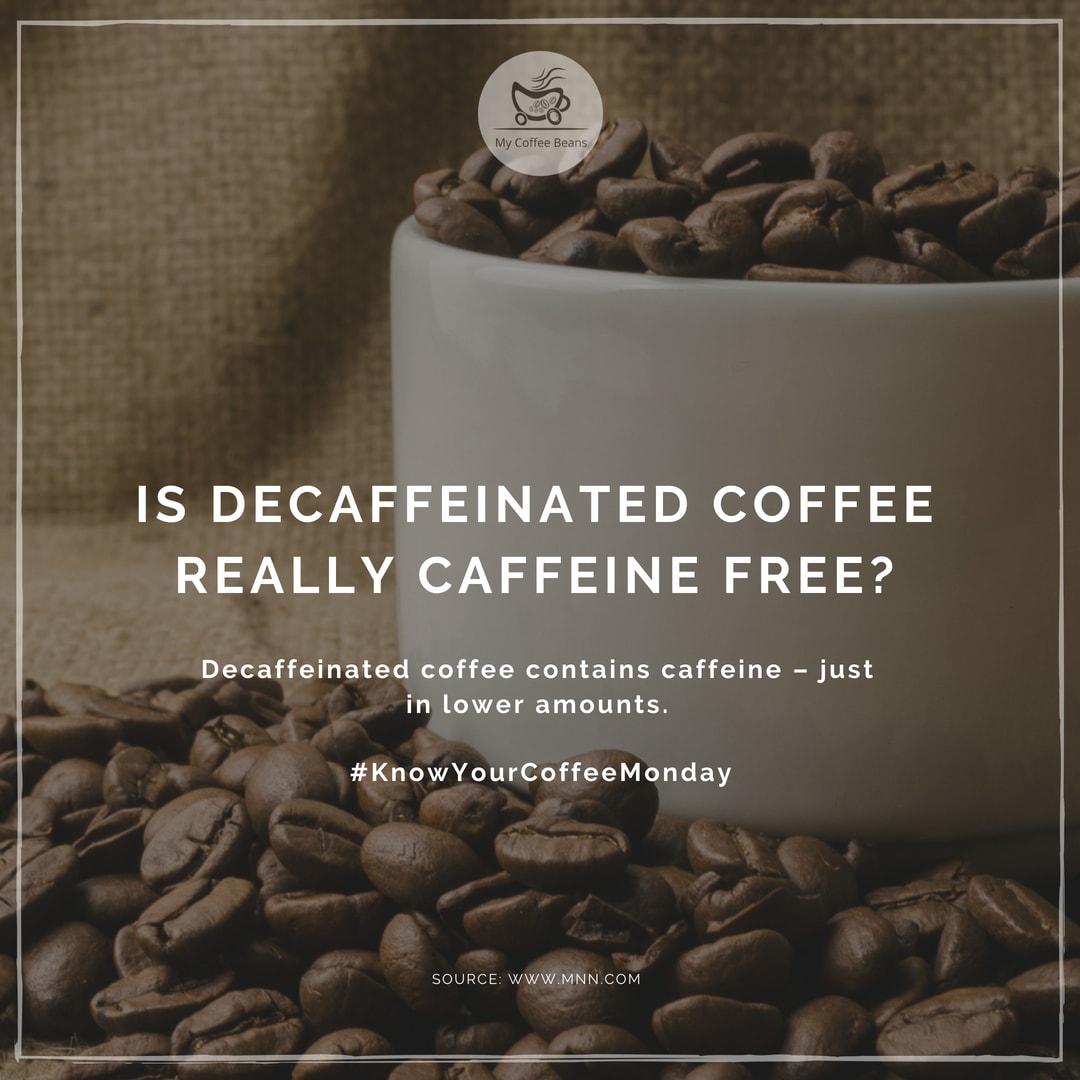
The reason decaf coffee beans can vary in caffeine content is that the FDA only requires companies to remove 97% of the caffeine, regardless of the original caffeine content of the bean. In reality, it means that it has gone through the process of getting decaffeinated. Coffee beans that have been through a process to remove caffeination can only be classified as such, according to the FDA, if 97% of the caffeine has been removed. Does Decaf Mean No Caffeine?ĭecaf does not mean zero caffeine, but rather that caffeine has been reduced.

The amount in a cup of coffee without caffeine varies, depending on the bean much like in regular coffee, and on the decaffeination process ( Can You Eat Coffee Beans? – Should you Eat them?). In fact, compared to its caffeinated counterpart, it has only about 3% of the caffeine content compared to a cup of regular coffee. Of course, this does not mean that decaf has a large amount of caffeine. It was made for those coffee drinkers that are sensitive to caffeine but still enjoy the taste and it simply does not have as much caffeine as regular coffee. There are many myths that surround it that make most people believe that decaf coffee is without caffeine, but that is not the case.


The short answer to this question is yes, decaf coffee still does have caffeine.
DOES DECAFFEINATED COFFEE HAVE CAFFEINE IN IT FREE
Like, is decaffeinated coffee truly free of all caffeine? Below, we will have an in-depth look at anything and everything to do with decaf coffee to make sure you are well informed before you take your next sip of the apparently caffeine-free drink! Is there any Caffeine in Decaf Coffee? 7, 2022.Decaf coffee has a lot of myths and rumor surrounding it, though. Spilling the beans: How much caffeine is too much? U.S.Department of Health and Human Services and U.S. 2020-2025 Dietary Guidelines for Americans.Journal of Human Nutrition and Dietetics. Caffeine ingestion and fluid balance: A review. Journal of Science in Medicine and Sport. Caffeine and diuresis during rest and exercise: A meta-analysis. No evidence of dehydration with moderate daily coffee intake: A counterbalanced cross-over study in a free-living population. Variation in human water turnover associated with environmental and lifestyle factors. It's calorie-free, caffeine-free, inexpensive and easily available. Overall, water is probably your best bet to stay hydrated. Other, more-common issues people have reported after drinking caffeinated drinks are trouble sleeping, loose stools and upset stomach. That is less than half a teaspoon of caffeine in powder form. Caffeine poisoning can happen with 1,200 milligrams of pure caffeine, according to the FDA. Chest pain, irregular heartbeat and stroke have been reported when people take this much caffeine. If a person weighs 165 pounds (about 75 kilograms), a very high dose is about 750 milligrams of caffeine in a day. Very high doses of caffeine, greater than 10 milligrams per kilogram daily, are linked to serious health conditions. They also suggest that people who are pregnant or nursing talk to their health care providers if they have questions about caffeine. For kids age 2 or younger, dietary guidelines for Americans suggest avoiding drinks with caffeine. There is no safe limit identified for others. The limit is 400 milligrams a day for adults. Food and Drug Administration (FDA) has set a daily limit for total caffeine. That will help you stay at a safe level for your total intake of caffeine. So it's important to read the labels on these beverages.

This is more likely if you aren't used to caffeine.Ĭaffeinated drinks are available for every time of day. High doses of caffeine taken all at once may increase the amount of urine the body makes. But most research suggests that the fluid in caffeinated drinks balances the diuretic effect of typical caffeine levels. As a chemical, caffeine increases production of urine, which means caffeine is a diuretic.


 0 kommentar(er)
0 kommentar(er)
